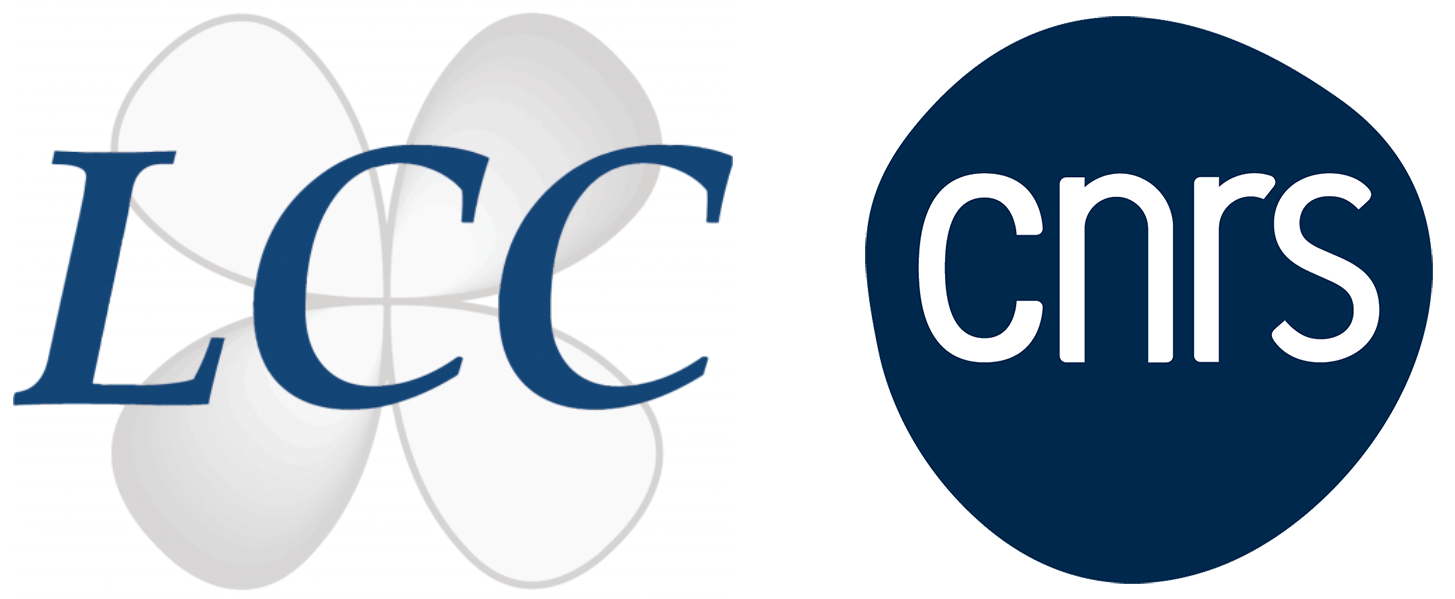
- This event has passed.
Seminar Pr Xiangyang Shi

Pr Xiangyang Shi
College of Biological Science and Medical Engineering, Donghua University, 2999 North Renmin Road, Shanghai 201620, China
e-mail: xshi@dhu.edu.cn
Dendrimer-Based Nanomedicine Design to Boost Cancer Immunotherapy
Inhibiting tumor growth and preventing tumor recurrence and metastasis are still the major targets of current cancer therapy. Recent advances in nanoscience and nanotechnology provide a vast variety of options to design nanoplatforms for cancer therapy from multiple aspects. In particular, dendrimers, a family of highly branched monodispersed synthetic macromolecules have been used to deal with cancer via immunotherapy through different aspects. In this talk, I would like to show the developments of dendrimer-based nanomedicine design to boost cancer immunotherapy investigated in our group. Dendrimers can be used as gene vectors to deliver siRNA to cancer cells,[1] T cells,[2] or dendritic cells (DCs)[3] to induce immune checkpoint blockade therapy or to maturate DCs for activation of cytotoxic T cells. In addition, dendrimer-entrapped CuS nanoparticles modified with phenylboronic acid can be complexed with an adjuvant to capture antigen after photothermal therapy of tumors to create an in-situ tumor vaccine.[4] Moreover, dendrimers with intrinsic chemotherapy activity can be used as a drug to promote chemoimmunotherapy of tumors through amplification of endoplasmic reticulum stress and mitochondrial dysfunction.[5] Lastly, dendron micelles with inherent immune activity to proliferate natural killer (NK) cells can be designed to modulate multiple immune cells for cooperative tumor chemoimmunotherapy.[6]
References
[1] X. Xue, J. Li, Y. Fan, M. W. Shen, X. Y. Shi, Sci. China Mater. 2021, 64, 2045.
